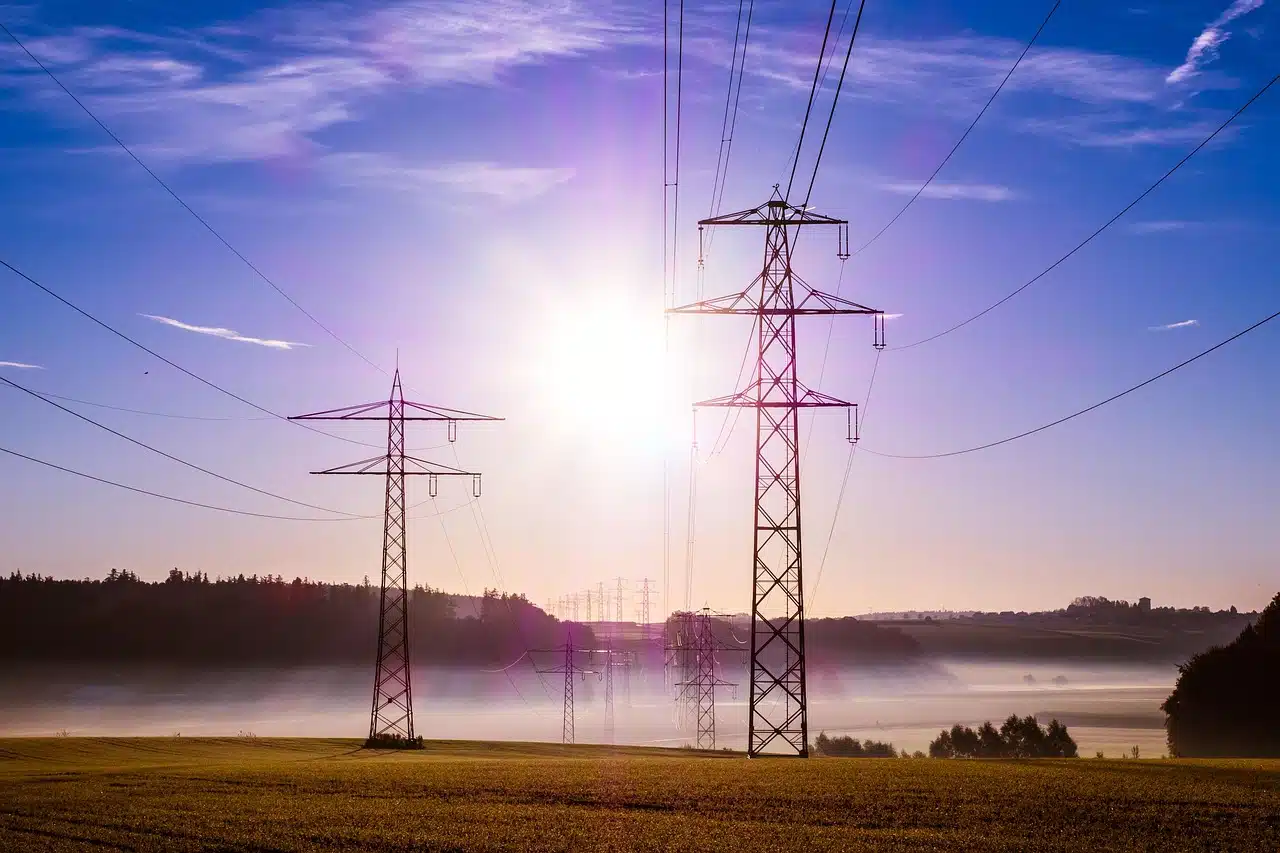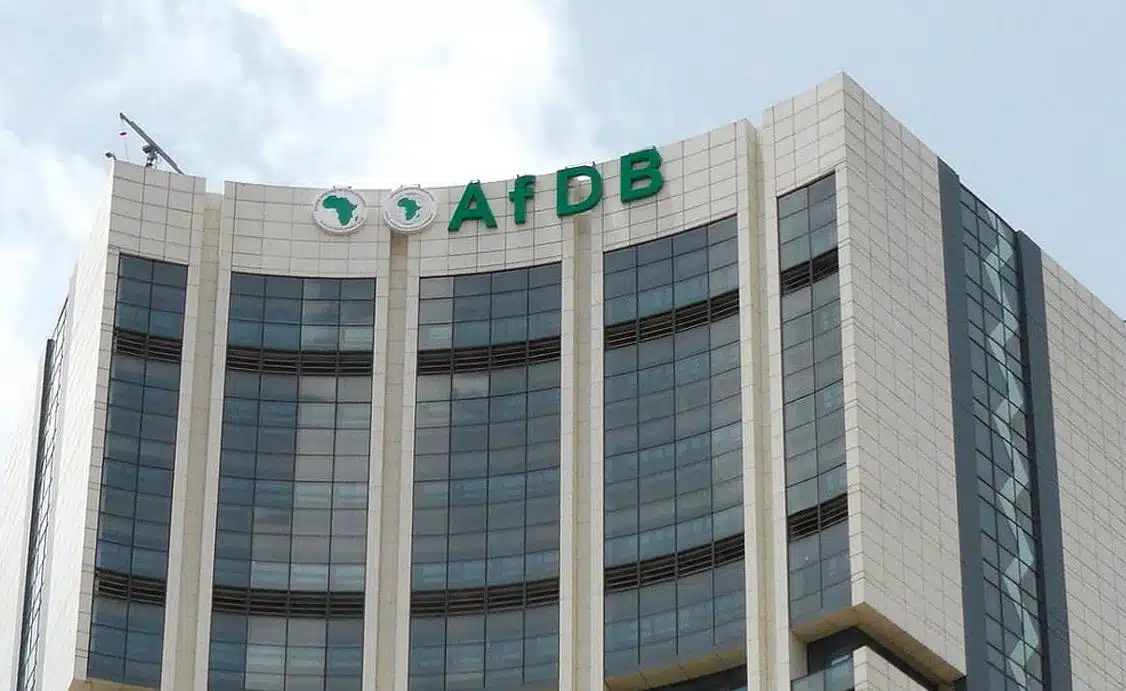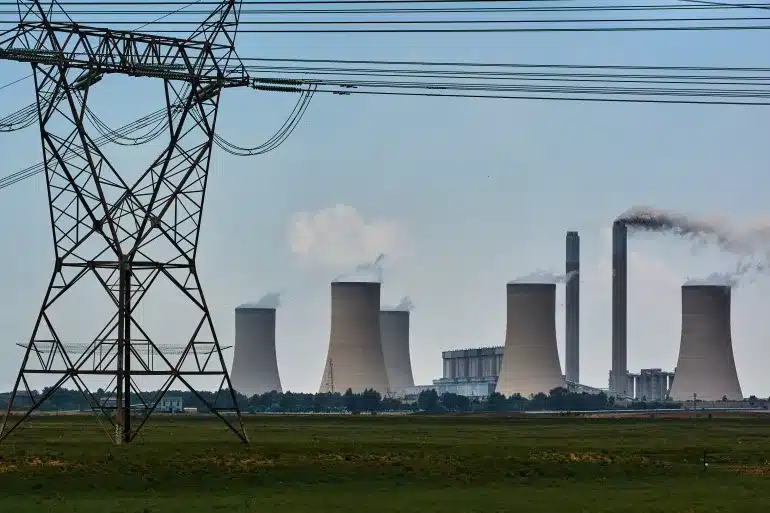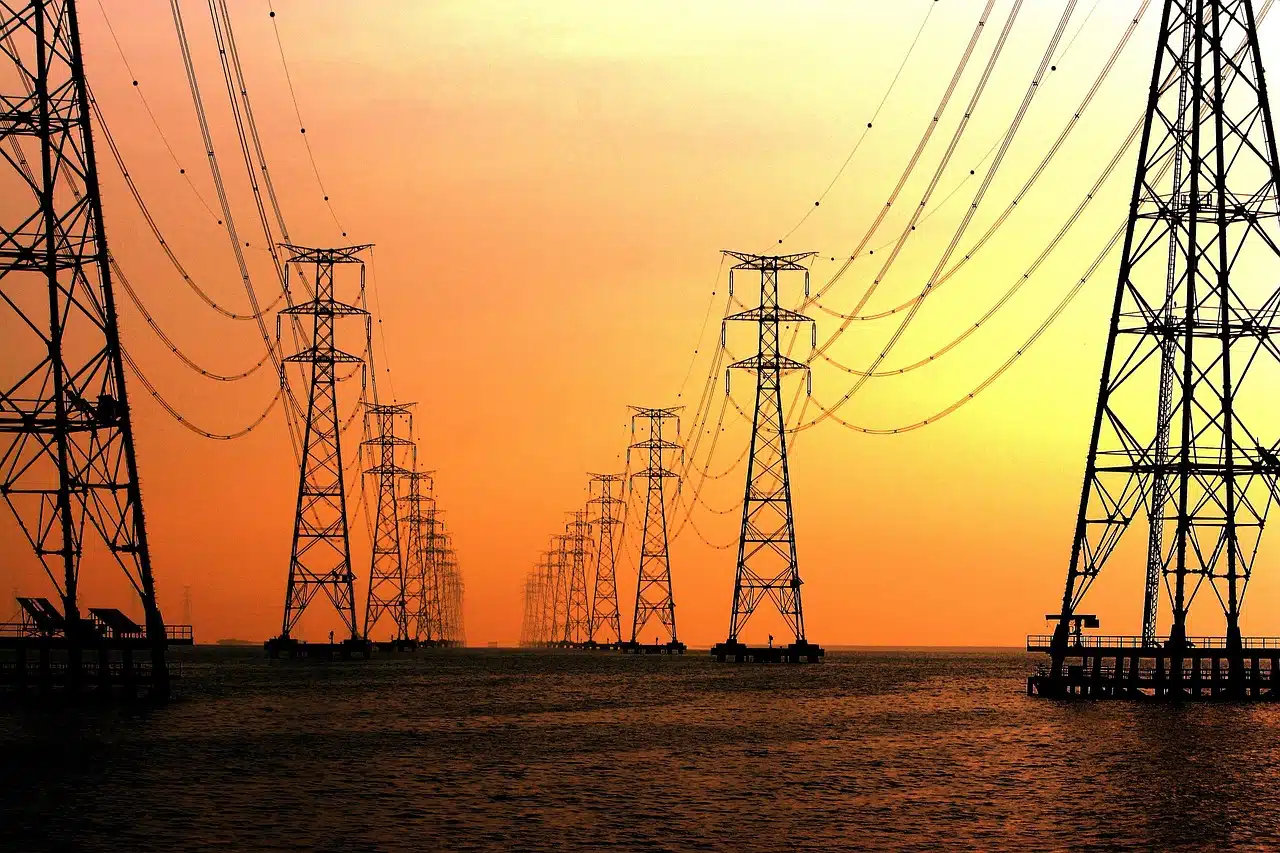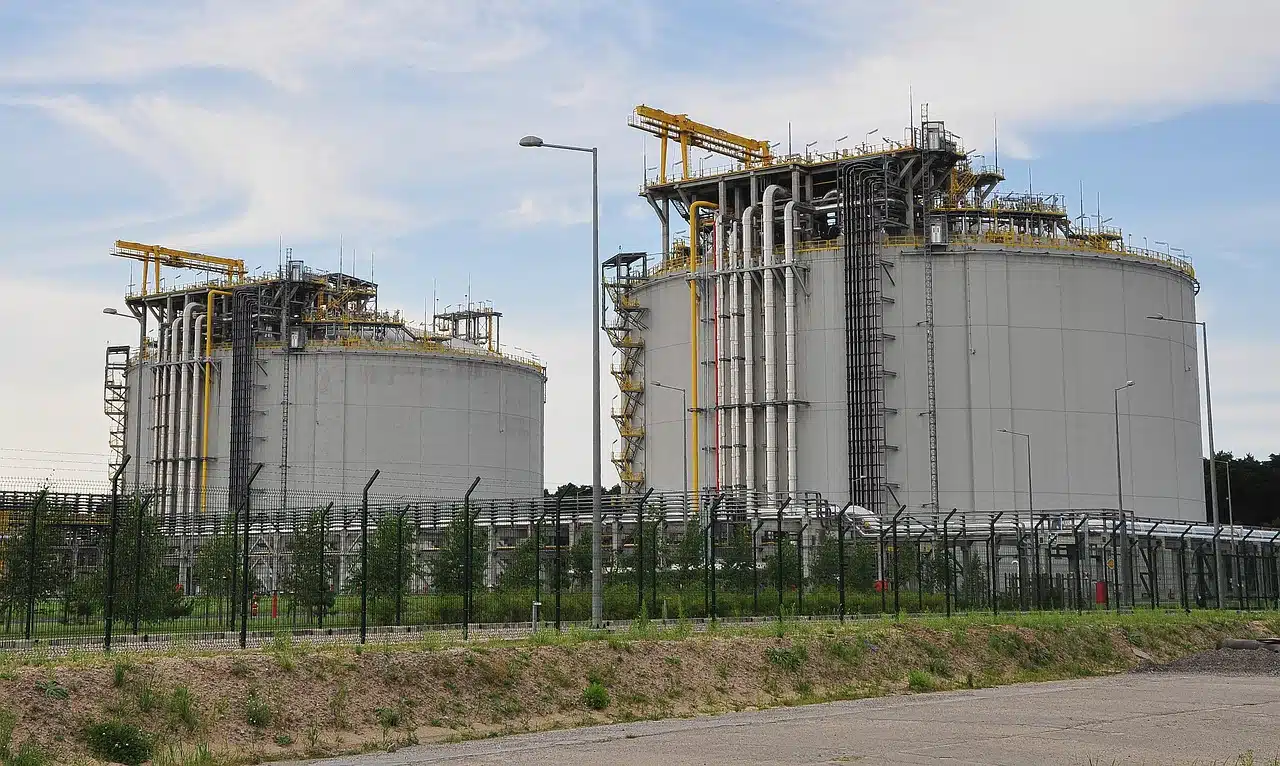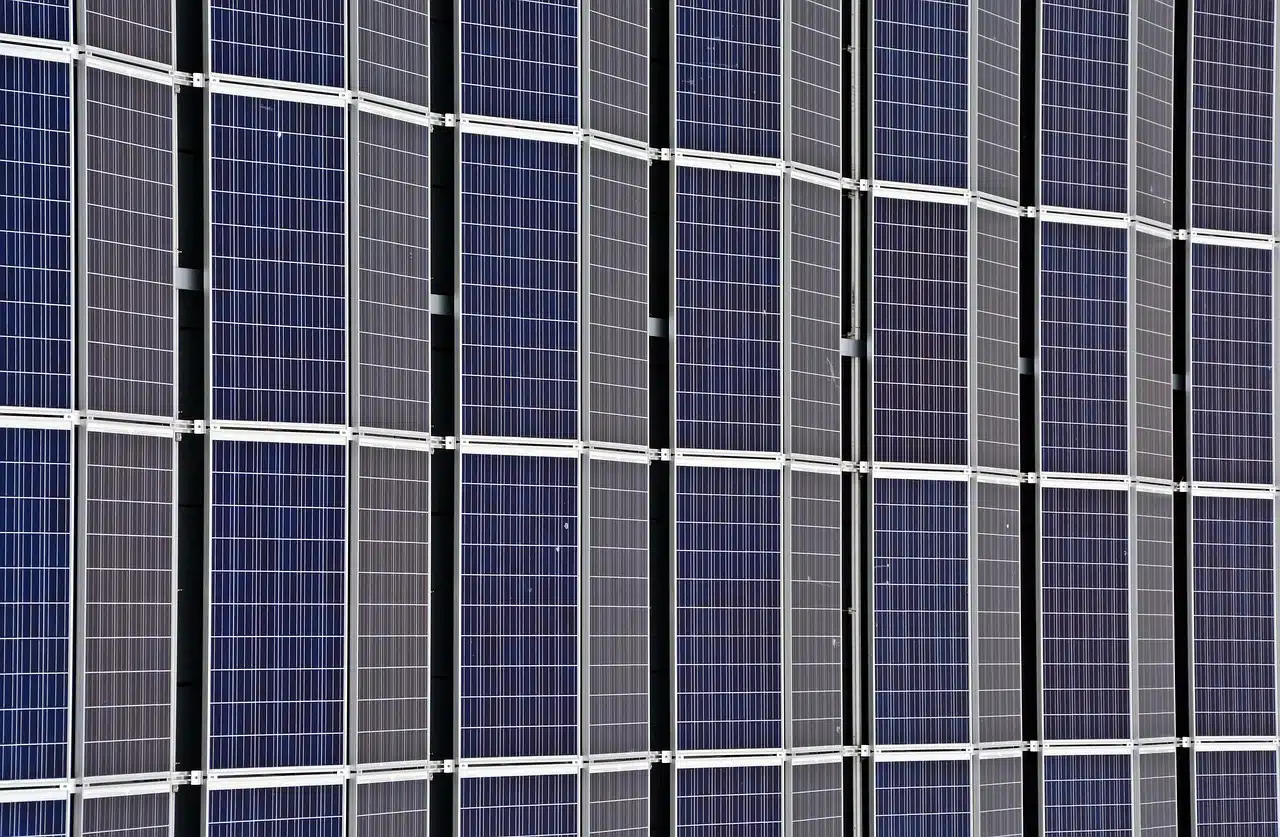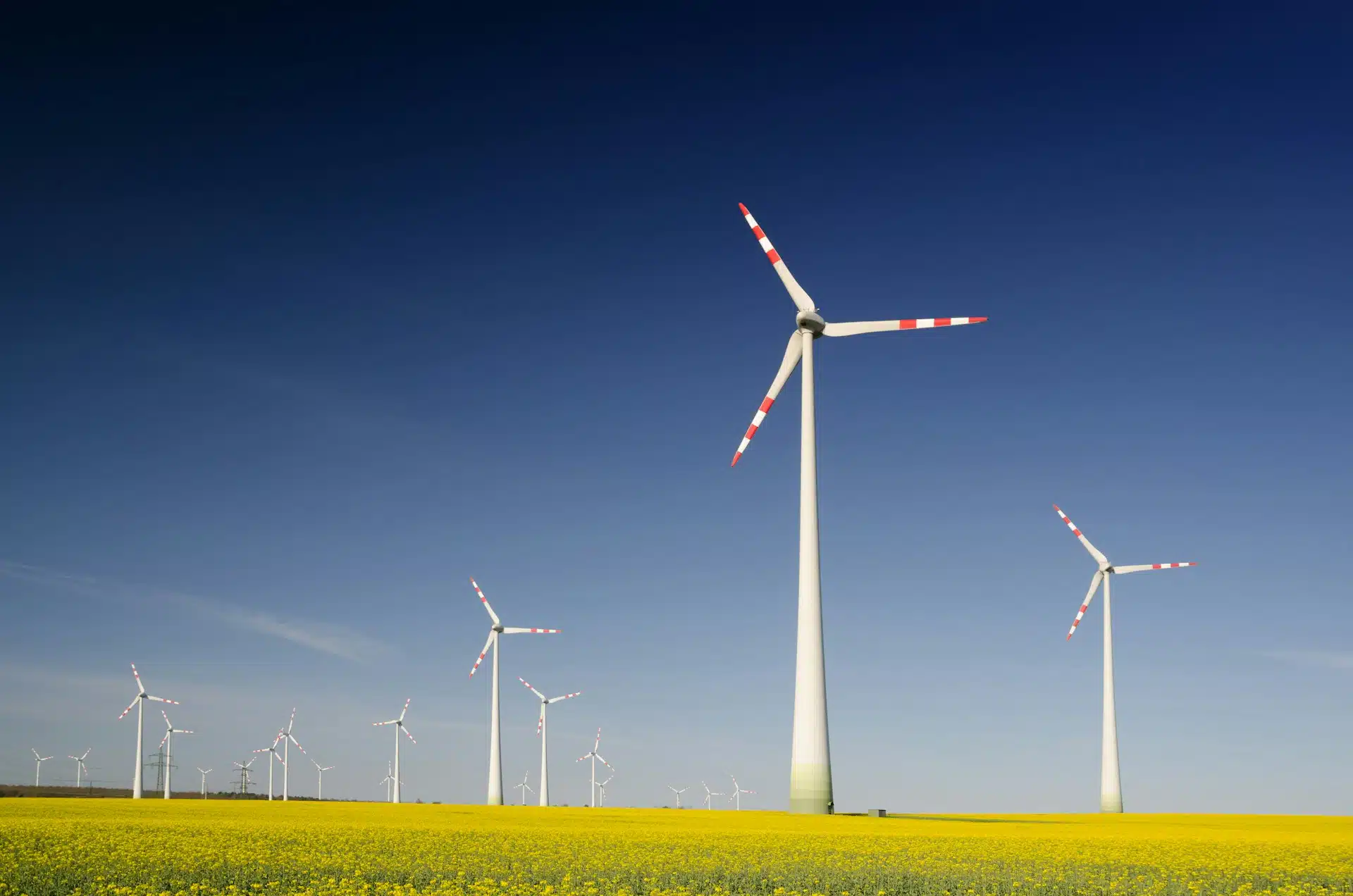Zambia is seeking investors to commit $11.6 billion to its energy sector by 2030 as the country works to expand capacity and meet the surging demand for electricity driven by population growth and industrial needs.
Mafayo Ziba, Zambia’s Director of Energy, disclosed this during a keynote address at the inaugural Commercial and Industrial (C&I) Energy + Storage in Lusaka on Wednesday.
According to Ziba, Zambia’s energy demand is expected to surge by 121% by 2030, driven by expansions in agriculture, mining, manufacturing, and tourism under the government’s diversification agenda.
Zambia depends heavily on hydropower, which provides more than 80% of its electricity, leaving the country highly vulnerable to climate shocks and fluctuating water levels.
In addition, declining rainfall due to climate change has already disrupted output, leading to load shedding and scaled-back industrial operations.
The country’s current installed capacity stands at 3.7 gigawatts (GW), but the nation requires a 165% increase to reach 10 GW to avoid shortages.
Investment breakdown and private sector role
The $11.6 billion investment, with $9.5 billion expected from private sources, aligns with the Mission 300 Energy Compact to modernize the grid and promote embedded solutions like battery storage and hybrid systems.
“To make this happen, the government is creating an enabling environment in order to attract private sector participation,” said Ziba.
Ziba further explained that the shift in renewables, solar, and wind from 3% of the mix in 2023 to 33% by 2030, enables exports and regional trading.
Private sector participation remains crucial, as high power and diesel costs hinder competitiveness in sectors like manufacturing and telecommunications.
Zambia’s Ministry of Energy implements reforms, including the open access framework, multi-year tariffs, net metering, and a single licensing system, to draw investors.
These measures address barriers such as inadequate transmission infrastructure and aim to foster power purchase agreements and ‘shovel-ready’ projects.
Ziba affirmed the government’s commitment to transparency and partnerships, stating,
“As government, we will remain open and transparent, reform-driven, and committed to partnerships that unlock value for industry, improve competitiveness, and ensure a sustainable energy future for our country and the region,” he said.

